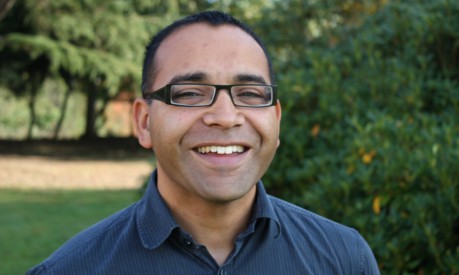Back in 2009, conservative theologian John Piper seemed to be criticising people for wasting time on social media when they should have been praying instead.
It is ironic that he decided to use social media to say this. Sadly, Piper’s approach is echoed by most Christian commentary on the subject.
Almost every Christian book I have read about new technologies and social media are full of warnings about its dangers – lamenting the way it’s fragmenting society and making us a “tribe of individuals”, or giving us a fake sense of global connectivity.
I want to paint another picture; one that seeks to grasp the phenomenal opportunities social media gives for the gospel.
There are currently 2.078 billion active social media accounts in use, 1.68 billion of which are accessed through mobile phones.
It is often the first thing that people check in the morning and the last thing they look at before they go to sleep.
Let me present you with 10 ways that we can make better use of social media in our service for Christ:
1. A back channel for a movement
Malcolm Gladwell has argued that the civil rights movement would not have started on Twitter. He is right of course; social media’s “weak tie” relationships would not have withstood the onslaught of systematic and brutal racism that those activists faced.
There is a slactivism that attempts to alleviate conscience by responding to the tragedy of global poverty or racist violence by simply favoriting a tweet or liking a Facebook post. That kind of engagement with justice was not what mobilsed thousands to face baton charges on the bridge in Selma, or face down a column of tanks in Tiananmen Square.
A social network in itself will not produce the next civil rights movement – but in the right hands it can act as a catalyst. Social media has played an important part in the Arab Spring, as well as the London riots and the mass clean up operation that followed.
For the Church to neglect this tool would be like the apostle Paul choosing not to travel along Roman roads, or not write on papyrus. Continue reading
- Krish Kandiah is President of London School of Theology, CEO of Home for Good and Contributing Editor for Christian Today.
